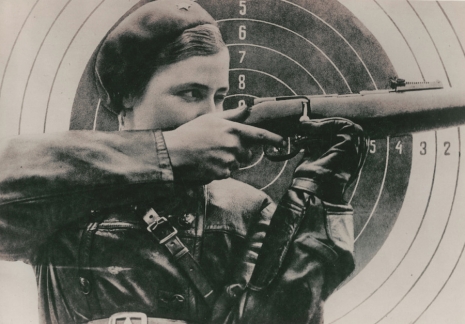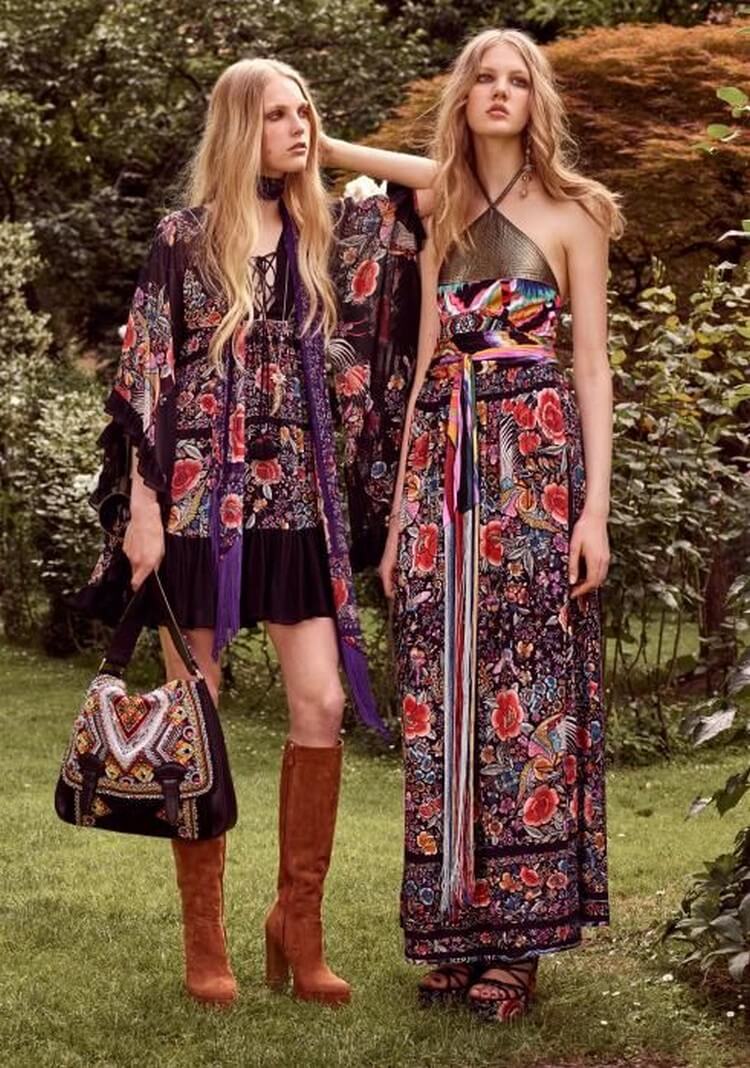


Leonard raised issues that continue to be studied and debated today, including the circulation and censorship of popular fiction, the audiences to which that fiction was disseminated, the interpretation of literature by its readers, and the role that popular reading has played in history. Like the works of those individuals whom Leonard identifies in his prologue (xli–xlvii) as predecessors or colleagues-Francisco Rodríguez Marín, Francisco Fernández del Castillo, José Torre Revello, Guillermo Lohmann Villena, Agustín Millares Carlo-his own book has become a classic. Still cited with great frequency today, Books of the Brave has endured both because of its documentary contributions to the links between Spain and Spanish America in the field of elite, literate culture and because of the broader issues it raises regarding the role of reading and imagination in history. Books of the Brave synthesized a great deal of information pertinent to the introduction of print culture in Spanish America, and it firmly established the circulation of books and ideas between Spain and her ultramarine possessions as a cultural-historical topic of importance. Reflecting on the idea, I decided to act on the proposal. When, on his ninety-fourth birthday, I called Professor Leonard to extend my best wishes, he proposed-with another anniversary (the Columbian fifth centennial) in mind-that there be a new edition of Books of the Brave. Books of the Brave: Being an Account of Books and of Men in the Spanish Conquest and Settlement of the Sixteenth-Century New World. Berkeley: University of California Press, c1992 1992.


 0 kommentar(er)
0 kommentar(er)
